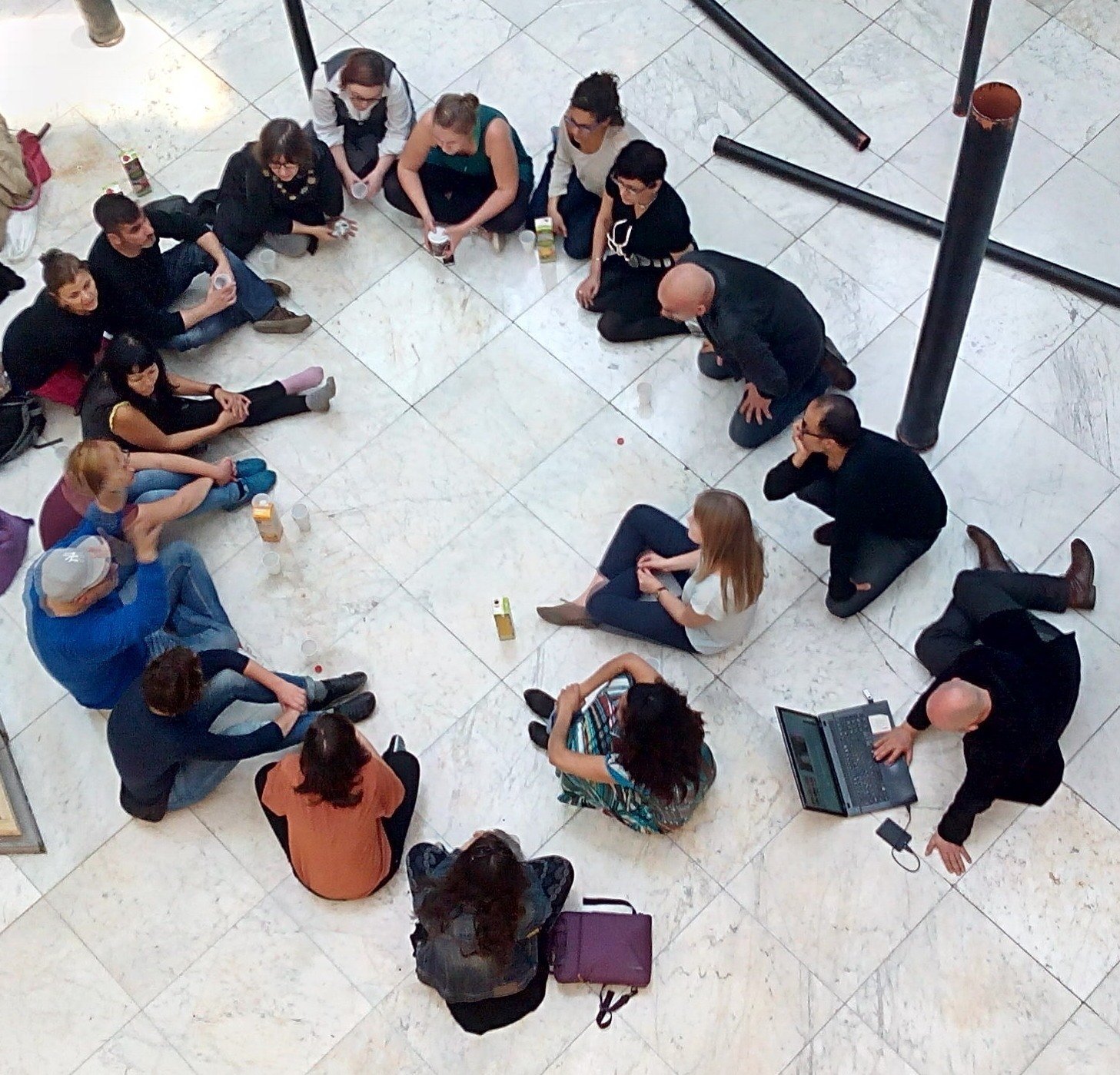
The only viable Strategy
Immigration crises:
An increase in the number of refugees seeking asylum as a consequence of the Syrian crises was not a surprise for Europe. But Europe was not prepared for the volume and the speed. Many governments and individuals have shown responsibility and taken fast and relevant action to alleviate the human suffering and respond to the needs for shelter and protection. The immediate needs of asylum seekers are now addressed.
Longer term still an issue:
Receiving and accommodating immigrants is only the first stage in a longer process. In one to three years the newcomers have hopefully had time to rest and to recover. Many shocking experiences will continue to torment many of them for years, but many will ask themselves ”… and now what?” An unprecedented large number of young men and women will become job seekers at the same time. Some may feel they have arrived in Paradise – as a refugee said in Sweden – but a lack of meaningful work may soon give room for bitterness and frustration. A new conflict is then on the horizon. A “Rapid Employment Programme” is needed to facilitate integration for those that decide to stay.
A New Market Segment:
A special situation is created by the fact that the life experiences and skills profiles of many of the new jobseekers are different from those of the core populations in Europe. It is well-known that the competences of foreigners are often ignored by local employers. This is not because of prejudice or bad will. It is simply a lack of reference. Immigrants do bring with them know-how and visions for their lives. So what is needed to deploy these skills and transform them into a source of income and basis for life in the new home country? Telling a million or more immigrants that they have to take a 2-5 year professional training programme and then start to apply for jobs in competition with other job seekers may, in fact, work for some. But this approach will be by far too slow for many. It may even sound as an insult to many who feel they have a profession they have cultivated for years.
There is no action programme to deal with this situation yet, but here are a few key components:
– Recognition of a new market: The immigrants themselves represent a new market segment. There is a long list of business services especially for this segment: Hairdressing shop for Muslim women, African clothing suitable for a colder climate, Muslim and African boutiques, translators, etc. A study should be carried out to identify new business opportunities related to the new market segment. An important observation is that it is mainly immigrants who qualify for these tasks. Europeans rarely compete for these jobs.
– Competence screening: Immigrants are interviewed to determine if they qualify for asylum or not. However, registered immigrants need to be further interviewed by an expert regarding their professional skills. Again, to interpret and understand the significance of the responses, a compatriot may often be needed.
– Review of trade legislation: Trade laws often prohibit immigrants from exercising their professions in Europe. For example, an African designer using African material and African work-methods cannot sell her produce in Finland as “African” because to use this label the product must be imported from Africa. Of course, the same product is not “Finnish” either, which makes it impossible for this person to perform her/his profession at all, even if there would be a demand for the products.
-Resources: There is an obvious shortage of staff guiding the increasing volume of immigrants into making a living in Europe. However, as suggested above, the immigrants themselves can be used for counselling regarding the new market segment. In fact, in many cases, they possess better skills for this purpose.
– Rapid Employment study: It is clear from the above that a more thorough analysis of rapid employment opportunities needs to be carried out. Assisting immigrants to provide services for themselves, for Europe, for the export industry and for development aid is not just an opportunity. It is a necessity.
The German Chancellor Angela Merkel has pointed out that the consequences of the refugee crises will have long-term consequences for Europe as a whole. The Rapid Employment approach sketched here is a strategic and critical initiative to smooth those consequences.

Leave a Reply